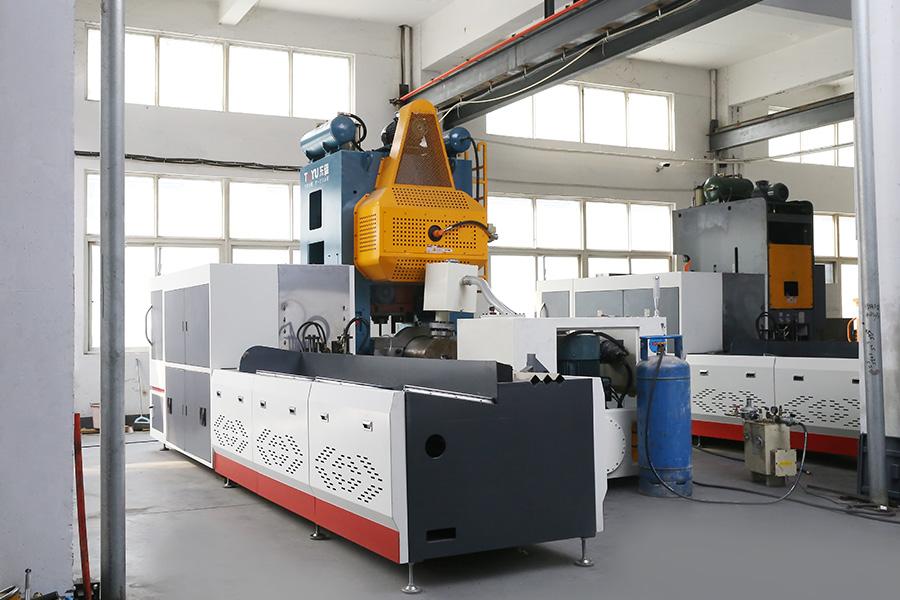Applications of Hot Forging Machines in Various Industries

Hot forging machines are widely used across different industries, where their ability to produce high-strength, durable components is critical. The process of hot forging allows manufacturers to create a wide variety of parts, from simple shapes to more complex and intricate designs. This article explores some of the key applications of hot forging machines in various industries.
In the automotive industry, hot forging is commonly used to produce critical engine components, such as crankshafts, connecting rods, and gears. These parts must withstand extreme mechanical stress, and hot forging ensures that they have the required strength and resistance to wear. Hot forging also allows for the creation of lightweight parts, which is particularly important in the automotive industry, where reducing weight can improve fuel efficiency and performance.
The aerospace industry also relies heavily on hot forging for the production of high-performance parts. Components like turbine blades, landing gear, and structural elements are often hot forged to meet the demanding strength and durability requirements of the industry. The use of hot forging machines allows manufacturers to create parts with the precision and material properties needed for use in aircraft and spacecraft, where safety and reliability are paramount.
In the industrial machinery sector, hot forging is used to create a wide range of components, including gears, shafts, and couplings. These parts are subject to high levels of wear and mechanical stress, and hot forging provides the strength and toughness required for long-lasting performance. The ability to produce such parts with minimal material waste and high precision makes hot forging an attractive option for machinery manufacturers.
Hot forging is also utilized in the energy industry, particularly for the production of parts used in power generation and oil and gas applications. Components such as valve bodies, pump housings, and other critical elements are often hot-forged to ensure they can withstand high-pressure environments and extreme temperatures.
In conclusion, hot forging machines are indispensable in various industries, including automotive, aerospace, industrial machinery, and energy. Their ability to produce strong, durable, and precise components makes them a key part of modern manufacturing processes, particularly for parts that must endure high levels of mechanical stress and harsh operating conditions.
- Art
- Causes
- Crafts
- Dance
- Drinks
- Film
- Fitness
- Food
- Games
- Gardening
- Health
- Home
- Literature
- Music
- Networking
- Other
- Party
- Religion
- Shopping
- Sports
- Theater
- Wellness


